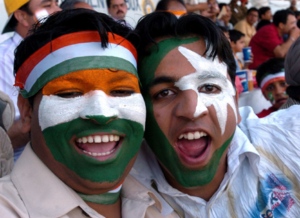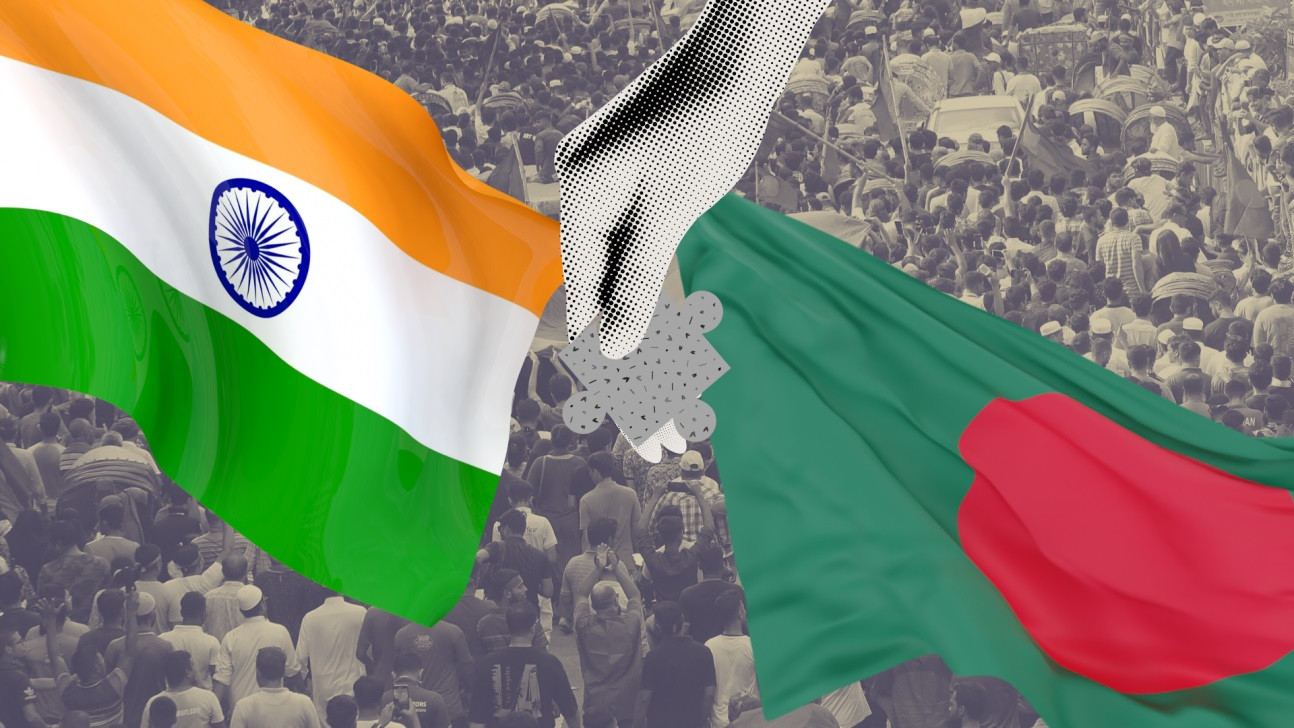Ashish Shukla for BeyondHeadlines
The official dialogue process between India and Pakistan was stalled in August 2014 after the incumbent NarendraModi government strongly objected to Abdul Basit, Pakistan’s High Commissioner to India, meeting the separatist leaders of Kashmir and later cancelled the scheduled foreign secretary level meeting. India’s decision to cancel the dialogue had generated mixed response in both the countries. It was not for the first time that the Pakistani side met with the separatist leaders before an official track-I level dialogue with the Indian government. They were doing it for over two decades. On every occasion, Indian government objected/protested, yet never ever used that as a pretext to call off the dialogue. This time government also toughened its stand on ceasefire violation and gave military a relatively free hand to deal with any such “misadventure” from Pakistani side. Under Modi government, the Indian military adopted “four to five eye for one eye” approach that required it to kill at least four to five Pakistani soldiers in case one Indian is killed by Pakistan. Additionally, Indian High Commission in Islamabad denied visas to noted scholars and peace activists including Prof. Ijaz Khan and BeenaSarwar who wanted to visit India to take part in various academic activities.
Right wingers and hyper-realists hailedModi government’s new approach to deal with Pakistan, while Nehruviansand pragmatists argued for reducing tensions and re-starting dialogue process. Both these groups had their reasons to stick to their respective position. The first group believed that “talks for the sake of talks” have not been able to change Pakistan’s behaviour towards India—especially using proxies to bleed India with thousand cuts. So they were opposed to what is called “kiss and makeup” approach.The second group, argued that although talks could not resolve some of the complicated issues fully but it provided avenues to understand each other’s perspective in a better way and contributed substantially in lowering the tensions between the two archrivals. For them, given the existing nuclear-parity between India and Pakistan, dialogue and diplomacy is the most efficient and effective way to move ahead.
Pakistan on its part, did not principally oppose to re-engagement with India yet Prime Minister Nawaz Sharif, during 18th SAARC Summit in Kathmandu, stated that “cancellation of talks was New Delhi’s unilateral decision” and “ball is now in India’s court for talks between both the countries.” Those who understand even a bit of the complex India-Pakistan relationship knew it very well that India will have to climb-down from its toughened position and re-start the official dialogue process with Pakistan. Recently, in his address to India’s diplomatic community, even President PranabMukharajee suggested to go ahead with diplomacy in the neighbourhood.
Modi government took almost six months to realise the value of dialogue in its relations with Pakistan. Many argue that this change of heart has a direct Washington connection. It is believed that US President Barak Obama, during his visit to India as Chief Guest of the Republic Day celebrations, suggested Prime Minister NarendraModi to reduce tension with Pakistan and re-start the dialogue. In less than a month after Obama’s visit, the much awaited climb-down moment came on Friday when Prime Minister NarendraModiused the upcoming cricket world cup as a pretext to talk to his Pakistani counterpart. Both the leaders spoke for about 10 minutes and Modi wished Pakistani team luck for the world cup. In his tweets, Modi dispensed the information regarding his telephonic conversation with Nawaz Sharif and his offer to further strengthen ties with all the neighbours including Pakistan. One of his tweets read “Would be sending our new Foreign Secretary on a SAARC Yatra soon to further strengthen our ties.” Pakistan has welcomed the move.
So, it is clear now. India wants to resume dialogue with Pakistan. The important question is if India gained anything in these six months by not talking to Pakistan? The answer is a straightforward “no.” Instead, it escalated tensions at the border which resulted in loss of lives on both the sides. India’s international image as a responsible, peaceful and democratic state suffered a dent too. However, on domestic front, the strategy seems to be a bit successful as the rhetoric of punishing Pakistan combined with other electoral promises produced electoral gains for Bhartiya Janata Party (BJP) in state assembly elections in Haryana, Jharkhand, Maharashtra, and Jammu & Kashmir.
(Author is Ph.D. Candidate, South Asian Studies, School of International Studies in JNU, New Delhi.)









